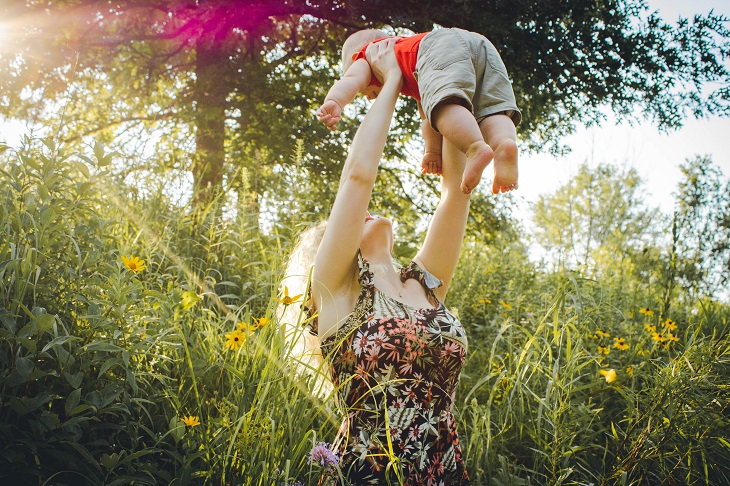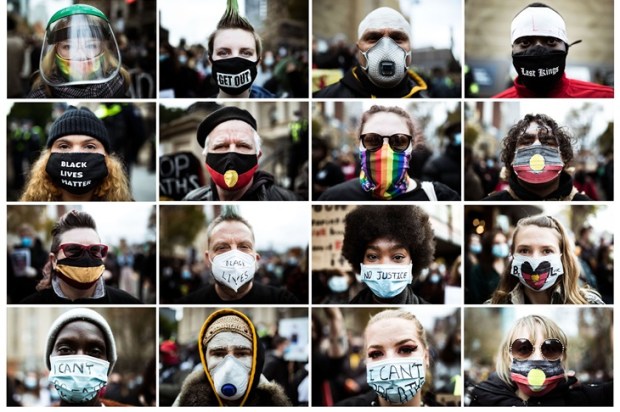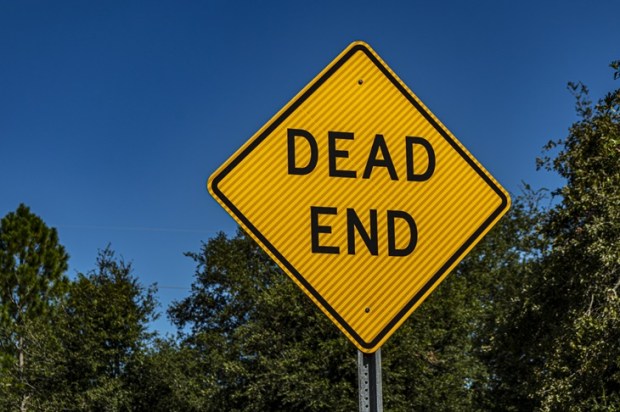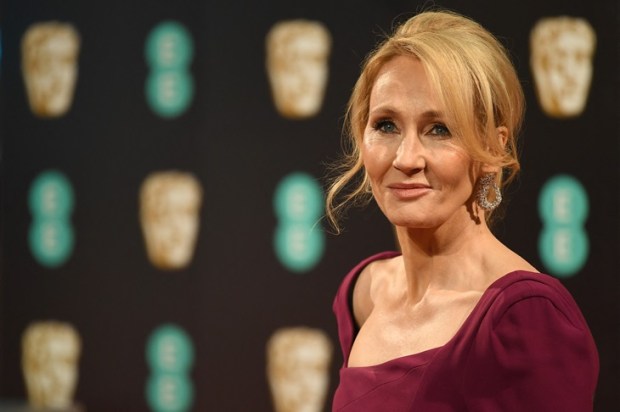Everywhere you look, mothers are being erased.
In the name of inclusion and diversity:
- Barnardos has cancelled its ‘Mother of the Year’ award
- Volunteers from the Australian Breastfeeding Association have been investigated for their use of the word ‘mother’ on social media
- The Labor Party has removed the word ‘mother’ from its policy documents
The reasoning goes: some families don’t have a mother and some mothers identify as ‘fathers’, so we should stop using sexed language for parents altogether. In the modern family, ‘mother’ and ‘father’ have been replaced by Parent 1 and (if you’re lucky) Parent 2.
Sadly, mothers are also being erased, not just from our speech, but from children’s lives. There have been some recent high-profile cases of men ‘creating’ children through surrogacy, with the intention of raising them without a mother. Depending on the arrangement, a baby can have – and lose – up to three different ‘mothers’: a genetic mother, a birth mother, and a social mother. And we are supposed to applaud.
I understand how normalising ‘diverse’ families can help the children of those families to feel less stigmatised, but deliberately removing mothers cannot possibly be called progress. This forced political correctness – telling children that mothers are optional and interchangeable – is a denial of biological reality and human need.
It diminishes a mother’s unique role
Every child has a mother: the woman who was ‘home’ for nine months, delivered them into this world, and (in most cases) fed them from her own body. A mother and her baby share an intimate and irreplaceable bond – even before the child is born.
Beyond birth and breastfeeding, mothers continue to relate to their children in a unique way. Compared to fathers, mothers have higher levels and more receptors of the hormone oxytocin, which is responsible for human bonding. As a result:
‘Fathers tend to play with, and mothers tend to care for, children … Fathers encourage competition; mothers encourage equity. One style encourages independence, while the other encourages security.’ (Glenn Stanton, Why children need a male and female parent).
Katy Faust and Stacy Manning summarise the science of motherhood like this:
‘Mum tends to focus on feelings, regardless of the facts. She’s wired to nurture and connect, an especially important ability when an infant is completely dependent on her to survive. Mothers set the emotional tone at home and intuitively respond to the physical and emotional needs of her family. In her uniquely feminine way, Mum embodies “the home” to her children.’
(Them Before Us: Why We Need a Global Children’s Rights Movement, Post Hill Press, 2021 Chapter 3, Part 4, Loc 1546)
A man cannot simply decide to call himself a mother; a woman cannot call herself a genderless ‘parent’ or a ‘father’. The word ‘mother’ has a biological referent in the real world and so we must insist on using it.
It diminishes children’s needs
When we delete mothers from our vocabulary and from children’s lives, we are sending the message that there’s nothing special about mothers – any adult will do. But the reality is that every human being needs and longs not just for a generic parent, but for their genetic mother. Babies spend nine months preparing to meet the mother they already know and share a relationship with. After birth, mother-infant bonding is of the utmost importance for a child’s healthy development.
All of this was deemed to be common sense until reproductive technologies began opening up new possibilities. Now, a man’s desire to be a father can override a child’s right to have a mother.
Earlier this year, a Victorian man made headlines by becoming the first single man to become a father through surrogacy in that state. Predictably, this was celebrated as a win for equality. But having children is not a ‘right’ that can be asserted regardless of biology or the best interests of the child. It’s often asserted that ‘love makes a family’, but children need more than love: they have a deep need to know, and ideally be raised by, both their biological mother and father.
The advocacy organisation Them Before Us exists to give children a voice in the debate over family structure. They have collected hundreds of stories from people who were born through donor conception and surrogacy. Those people commonly experience genealogical bewilderment, a sense of commodification and trauma from the loss of a biological mother or father.
A donor-conceived woman describes her struggle:
‘I cannot put into words the pain of not knowing who my biological mother is and not being able to have/have had a relationship with her. I really do think about this at least once a day, and it is deeply mentally, emotionally, and psychologically troubling.’ (Them Before Us, Chapter 7, Loc 3015)
One young woman conceived through commercial surrogacy (in America – only altruistic surrogacy is legal in Australia) explains:
‘To be loved by the two who created you and not from the strangers who bought you, is natural and beautiful. But I was denied this primal family structure to support a business and [an unfamiliar] infertile couple.’ (Them Before Us, Chapter 8, Loc 3627)
Of course, in an imperfect world, children do lose mothers through death, divorce, abuse, or abandonment. Those children deserve all the love and support we can give them. We applaud the single fathers who raise their children alone. We applaud the selfless women who step in to mother children they didn’t give birth to: grandmothers, step-mothers, foster and adoptive mothers.
But the ‘modern family’, where mothers (or fathers) are treated as optional, is a deliberate denial of what children need and naturally long for. Motherlessness is always something to be mourned, not celebrated.
The primal word
It’s telling that ‘mama’ is, universally, the first word that babies say. It’s a sound that’s easy to make and mimics the movement of the baby’s lips as they feed. For better or worse, it’s still the first word that my younger children call out in the middle of the night.
That’s why we cannot allow ‘mother’ to become a dirty word. It symbolises the deep and irreplaceable bond between a woman and her children. Banning this primal word will cause a primal wound that will take generations to heal.
Mothers matter. Our wombs, breasts, and hormones make us unique and indispensable. Every baby looks for ‘Mama’ from the moment of its birth. We are not parents! We are mothers – and no good will come from erasing us.
Got something to add? Join the discussion and comment below.
Get 10 issues for just $10
Subscribe to The Spectator Australia today for the next 10 magazine issues, plus full online access, for just $10.


























Comments
Don't miss out
Join the conversation with other Spectator Australia readers. Subscribe to leave a comment.
SUBSCRIBEAlready a subscriber? Log in